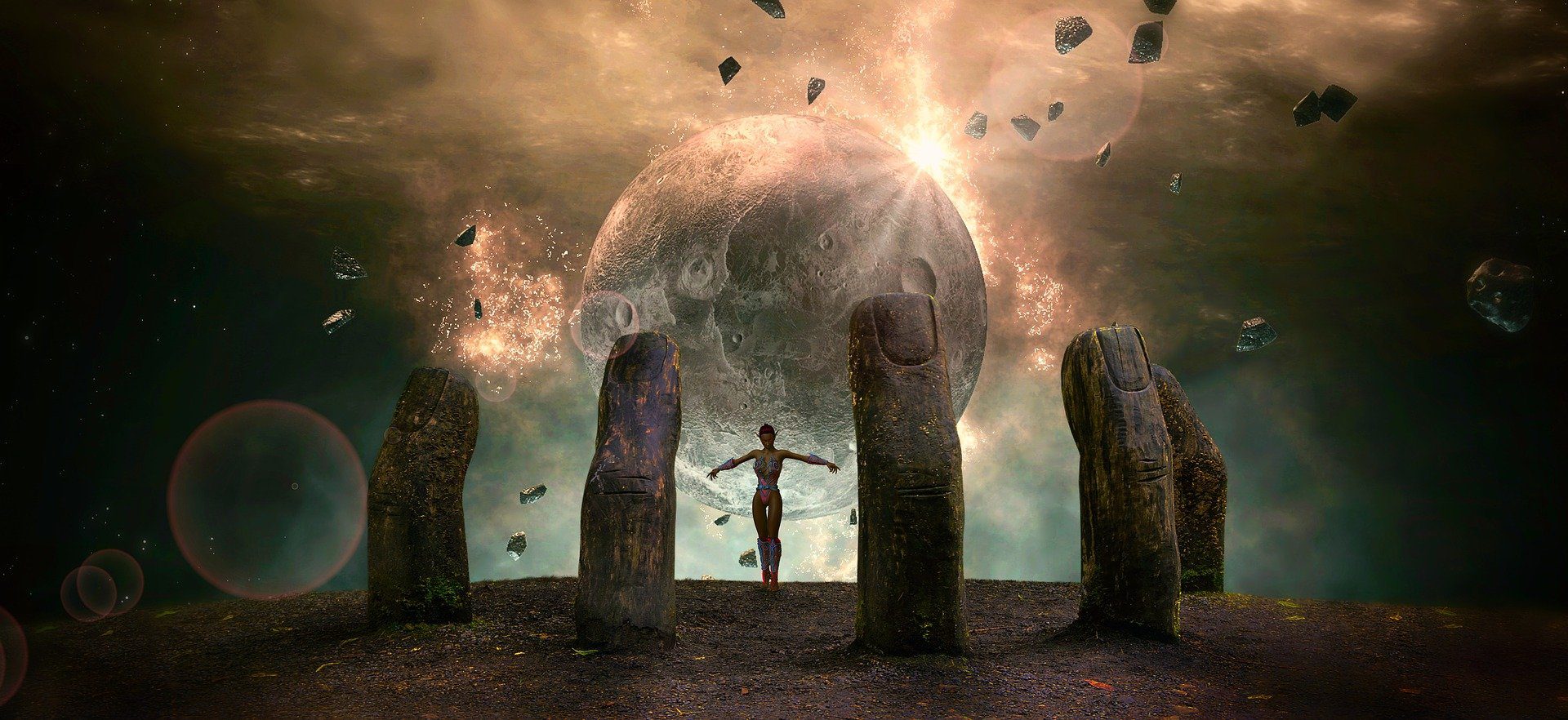Magick is a term that is used to describe a variety of spiritual practices that involve the manipulation of energy to bring about desired outcomes.
This can include the use of spells, incantations, rituals, and other techniques to direct energy towards a specific goal.
Magick has been used for thousands of years by various cultures and spiritual traditions around the world. It is associated with the idea of harnessing supernatural forces to achieve one’s goals. It is a way to access and control the hidden forces of the universe and to bring about change in the physical world.
Different Forms
There are many different forms of magick, and the specific techniques and beliefs associated with each form can vary greatly. Some forms are focused on the manipulation of energy, while others involve the use of physical objects, such as talismans or amulets, to influence the physical world.
Thoughts, Beliefs, Intentions
One of the central beliefs of magick is that thoughts, beliefs, and intentions have a powerful impact on the world around us. According to this belief, our thoughts and beliefs shape our reality, and by focusing our thoughts and beliefs in a specific direction, we can influence the world to bring about our desired outcomes.
Symbols in Magick
Another important aspect of magick is the use of symbols and imagery. These symbols can be used to represent specific ideas or energies and can be used to focus and direct the practitioner’s thoughts and intentions. For example, the use of a candle in a magickal ritual can represent the light of the spirit and can be used to focus the practitioner’s thoughts and intentions towards a specific goal.
Ethics
It is also important to note that magick is often associated with ethics and morality. Many forms of witchcraft have codes of conduct that emphasize the importance of using mysticism for positive purposes and avoiding the use of magick for negative or harmful purposes.
Deities
Magick is often practised within a spiritual or religious context. Many practitioners believe that their abilities are enhanced by connecting with a higher power, such as a deity or spirit. This connection can be established through prayer, meditation, or other spiritual practices.
Culture and Magick
In addition to spiritual and religious beliefs, magick can also be influenced by cultural and personal beliefs. For example, some practitioners believe that magick is influenced by the phases of the moon, or the positions of the planets, and will plan their rituals accordingly.
Law of Attraction
One of the key principles of magick is that like attracts like. This means that positive thoughts and actions will attract positive outcomes, while negative thoughts and actions will attract negative outcomes. This principle is often referred to as the Law of Attraction and is central to many forms of magick.
Correspondences in magick
Another important principle of magick is the idea of correspondence. This principle states that there is a connection between the physical world and the spiritual world and that by manipulating physical objects or symbols, you can influence the spiritual world and bring about desired outcomes. For example, use a rose to represent love in a ritual, and use it to focus your thoughts and intentions towards attracting love into your life.
Will of The Universe + Effort
Finally, it is important to note that magick is not a guaranteed path to success. While it can be a powerful tool for achieving your goals, it is not a guarantee that your desired outcomes will come to pass. Magick is a tool for focusing your thoughts and energy, but it is up to you to put in the necessary effort and work to achieve your desired outcomes.
Witchcraft is a complex and multifaceted practice involving various techniques, beliefs, and ethical considerations. It is often practised within a spiritual or religious context and is influenced by cultural and personal beliefs. The key principles of magick include the Law of Attraction and the idea of correspondence, and it is important to understand that magick is not a guaranteed path to success. Despite these complexities, mysticism remains a popular and enduring practice and continues to be an important part of many spiritual traditions around the world.




